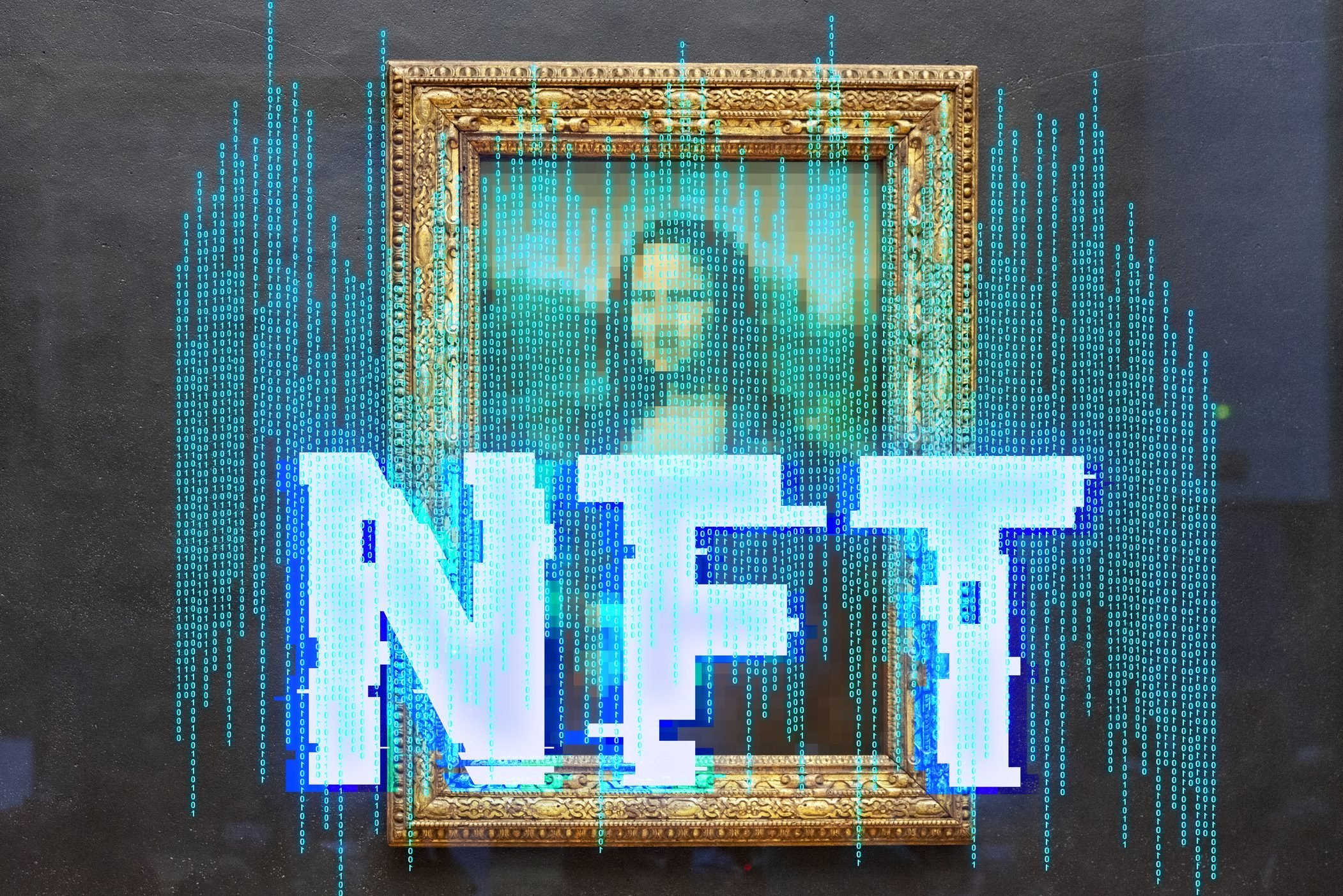NFTs in Art and Entertainment

Revolutionizing Creative Industries
The art and entertainment industries have been significantly impacted by the idea of non-fungible tokens (NFTs). Digital art and other creative works can now be given a monetary value, traded, bought, and sold in a decentralized manner. The owner can be verified thanks to the underlying blockchain technology that NFTs have introduced to the market. Artists, innovators, and investors worldwide are interested in this new paradigm. In this essay, we’ll look at how NFTs are changing how we appraise, market, and collect works of art and entertainment.
NFTs’ Place in Art and Entertainment
NFTs have revolutionized the arts and entertainment sectors by restoring control to the artists. Before the rise of NFTs, it was difficult for digital artists and creators to make money from their work, and it was frequently possible to copy, reproduce, and share their creations without receiving any payment or credit. NFTs allow producers to monetize their digital works by giving each one a distinct and provable value. This makes it possible to produce one-of-a-kind works of digital art.
The Advantages of NFTs for Creators and Artists
NFTs have changed the way that digital artists and creators work. By eliminating mediators like art dealers and auction houses, NFTs enable creators to get a higher return for their creations. An NFT marketplace, for instance, allows digital artists to sell their products directly. An artist or creator can get a more significant cut of the value of their work by doing away with mediators.
NFT technology also offers a mechanism to confirm the legitimacy and ownership of digital artwork or content. It enables creators to monitor their work without worrying about piracy, illegal distribution, or plagiarism. This indicates that NFTs can offer a framework for protecting the artist’s intellectual property rights and assuring financial rewards for their creative output.
NFT instances in the arts and entertainment
Some art and entertainment industries use NFTs to market and validate digital works. For the release of their albums or music videos, some performers, including Deadmau5, Grimes, and Kings of Leon, have begun to release NFTs. Furthermore, many artists, including Beeple, Trevor Jones, and Mad Dog Jones, sell their digital works using NFTs. These NFT inventions can sell for six figures on online markets like Nifty Gateway, depending on how well-liked they are.
NFTs’ potential in the arts and entertainment
NFTs have a vast potential to influence and develop in fields outside of the arts and entertainment. For instance, NFTs could trade partial ownership of expensive assets in the real estate sector. Additionally, NFTs might certify expensive goods like high-end clothing, giving luxury buyers a new degree of transparency and assurance.
Conclusion
The growth of NFTs has ushered in a new age for the leisure and arts sectors. NFTs can fundamentally alter how digital entertainment and art are valued, exchanged, and authenticated. The future of NFTs in the arts and entertainment sectors is promising, thanks to the power returned to the producers and the blockchain technology that ensures precision and transparency. However, as long as producers, investors, and consumers keep contributing to and innovating in this quickly developing ecosystem, the potential of NFTs will be further investigated.
